Does the public still trust the police?
Police watchdog says people have ‘rumbled’ the drop in police capacity
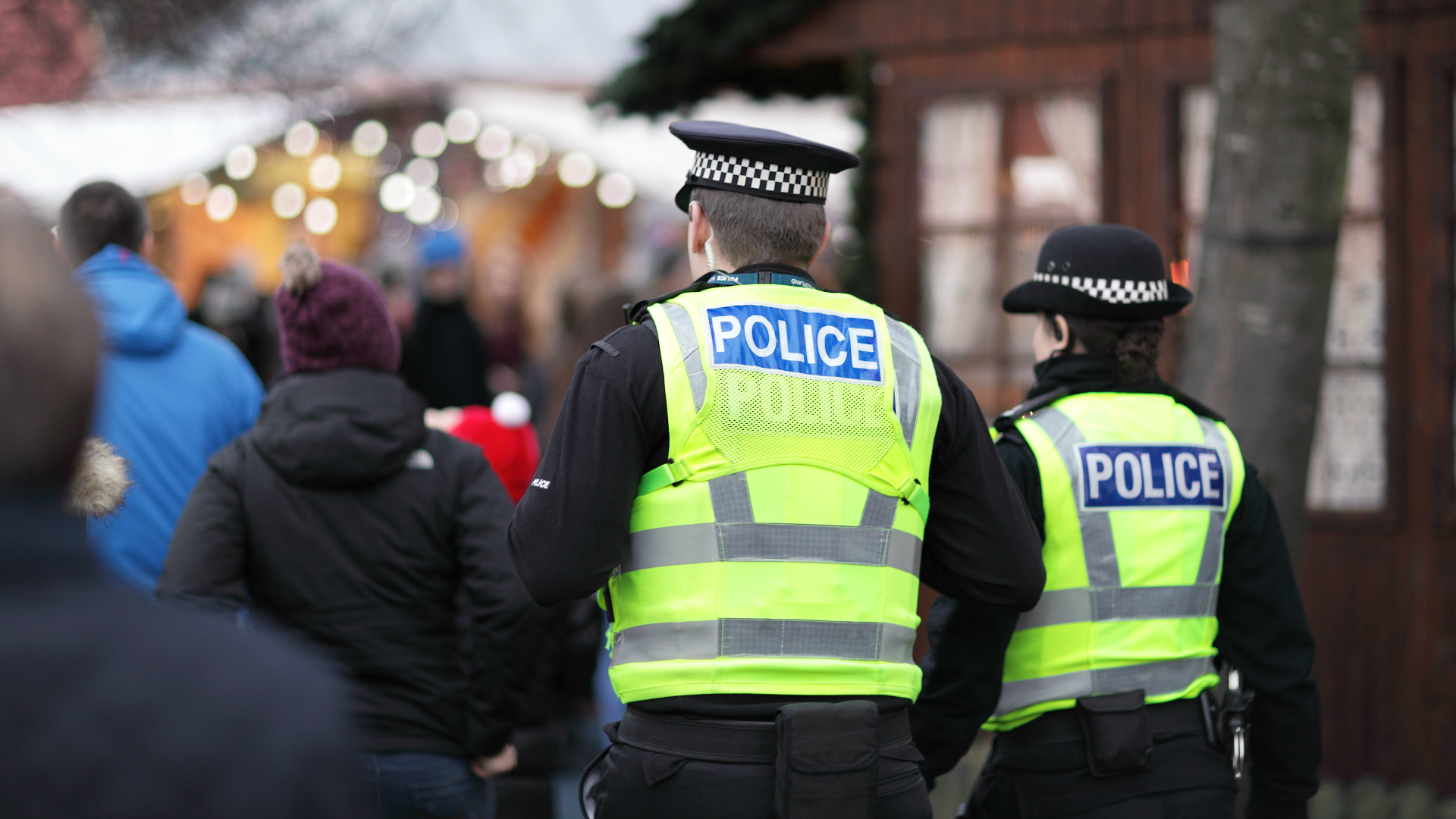
A free daily email with the biggest news stories of the day – and the best features from TheWeek.com
You are now subscribed
Your newsletter sign-up was successful
The public has lost faith in the police over its failure to investigate everyday crimes, a watchdog has said.
A report by Her Majesty’s Inspectorate of Constabulary and Fire & Rescue Services (HMICFRS) said that victims had “given up reporting some crimes” because of the justice system’s inability to tackle offending, says ITV.
So what does the public really think of the boys in blue?
The Week
Escape your echo chamber. Get the facts behind the news, plus analysis from multiple perspectives.

Sign up for The Week's Free Newsletters
From our morning news briefing to a weekly Good News Newsletter, get the best of The Week delivered directly to your inbox.
From our morning news briefing to a weekly Good News Newsletter, get the best of The Week delivered directly to your inbox.
What do the stats tell us?
The number of suspects being charged for reported crimes has fallen. A suspect was charged in only 7.8% of crimes recorded by police in England and Wales in the year to March 2019, a drop from 13.8% in 2015-16, says The Times.
As well as this, just 4.2% of domestic burglaries and 3.5% of motor vehicle thefts result in charges.
Responding to the figures, Matt Parr, HM Inspector of Constabulary and of Fire & Rescue Services (HMICFRS), said: “The public has rumbled that the police capacity to deal with this is extremely limited.
A free daily email with the biggest news stories of the day – and the best features from TheWeek.com
“There are some strikingly low figures about car crime resolution, meaning most of the public simply give up reporting it because the chances of anything positive happening are so slim,” Parr added.
The proportion of victims of crime who are unwilling to support a prosecution has nearly doubled from 13.2% to 22.6% in the same period.
Parr raised doubts over how long society would tolerate a situation where, for some types of crime, a suspect was charged in less than 4% of cases, reports the Times.
Does the public trust the police?
Parr said a shortage of detectives meant that officers with little experience were left to deal with serious offences, and police were struggling to investigate complex crimes involving caches of digital material.
“If you are the subject of a minor burglary or minor assault or car crime, I think people have now got to the stage where their expectations are low and the police live down to those expectations because they simply don’t have the capacity to deal with it,” said Parr.
While public figures have previously spoken about a lack of public confidence, this is the first time that the inspector of constabulary, whose remit is to monitor forces, has spoken so candidly about the issue of trust in the police.
In 2017/18, polling data showed that 78% of people aged 16 years and over in England and Wales said they had confidence in their local police.
But a lower percentage (76%) of black people said they had confidence in the police, while just 67% of people from a mixed white and black background said they had confidence.
This year, following an inspection of all 43 forces in England and Wales, the HMICFRS report, titled “Divergence Under Pressure”, noted that stop and search could damage the already low confidence black and mixed race Britons have in policing, says The Guardian.
Police believe the process is essential, but most stops do not result in a crime being detected, and the inspectorate warned black people were being disproportionately stopped: “The negative effect of poor police and community relations should not be underestimated,” the report notes.
A Sky News poll in 2018 found that almost nine out of ten people thought police did not have enough funding to do their job, with 51% of people feeling less safe because of crime than they did a few years ago as a result.
Meanwhile, 80% said police had become less able to protect people over the last few years, with 48% saying police had become much less effective in protecting people from criminals.
-
 How to juggle saving and paying off debt
How to juggle saving and paying off debtthe explainer Putting money aside while also considering what you owe to others can be a tricky balancing act
-
 Hong Kong jails democracy advocate Jimmy Lai
Hong Kong jails democracy advocate Jimmy LaiSpeed Read The former media tycoon was sentenced to 20 years in prison
-
 Japan’s Takaichi cements power with snap election win
Japan’s Takaichi cements power with snap election winSpeed Read President Donald Trump congratulated the conservative prime minister
-
 Why have homicide rates reportedly plummeted in the last year?
Why have homicide rates reportedly plummeted in the last year?Today’s Big Question There could be more to the story than politics
-
 How the ‘British FBI’ will work
How the ‘British FBI’ will workThe Explainer New National Police Service to focus on fighting terrorism, fraud and organised crime, freeing up local forces to tackle everyday offences
-
 ‘Stakeknife’: MI5’s man inside the IRA
‘Stakeknife’: MI5’s man inside the IRAThe Explainer Freddie Scappaticci, implicated in 14 murders and 15 abductions during the Troubles, ‘probably cost more lives than he saved’, investigation claims
-
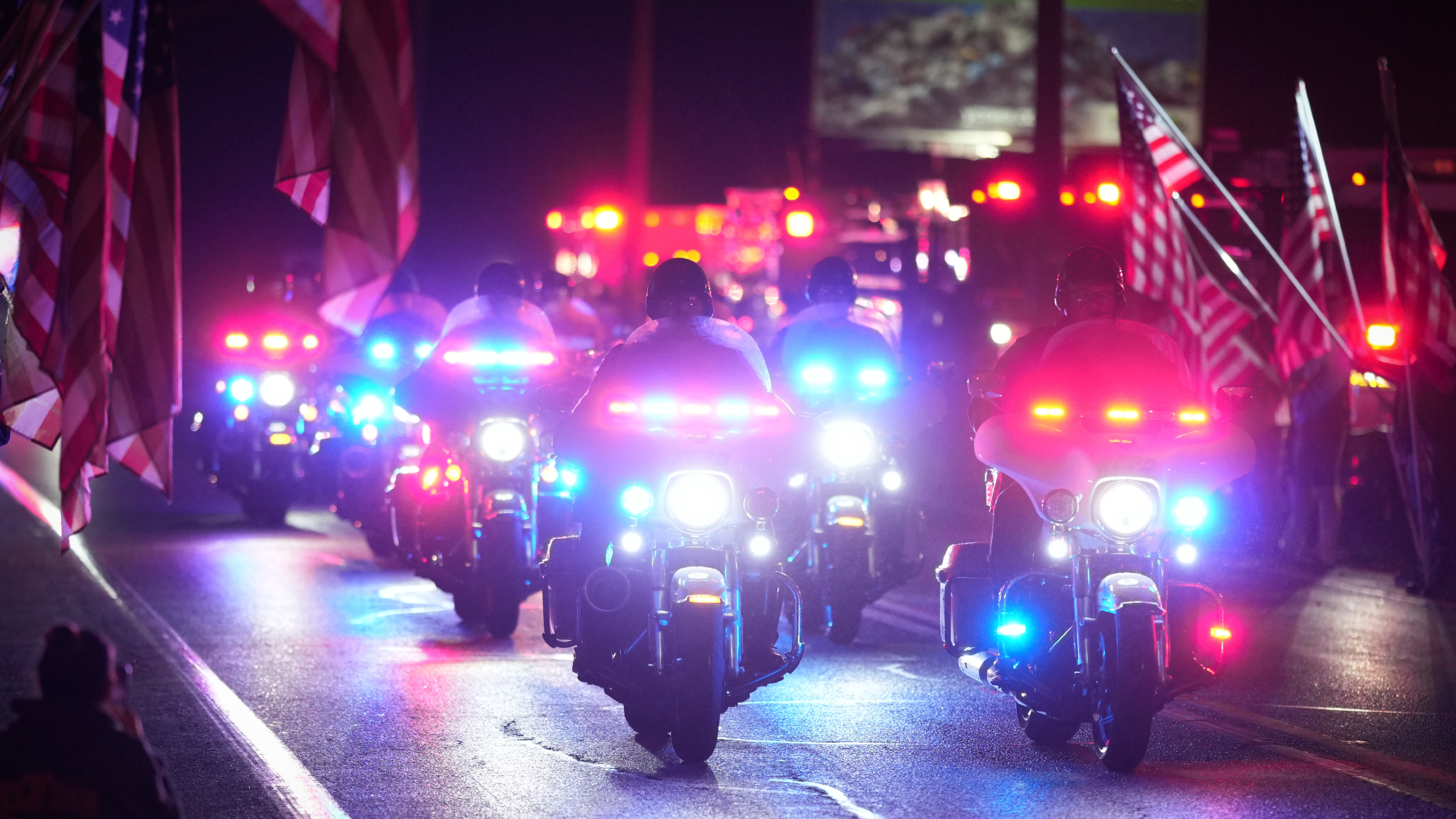 3 officers killed in Pennsylvania shooting
3 officers killed in Pennsylvania shootingSpeed Read Police did not share the identities of the officers or the slain suspect, nor the motive or the focus of the still-active investigation
-
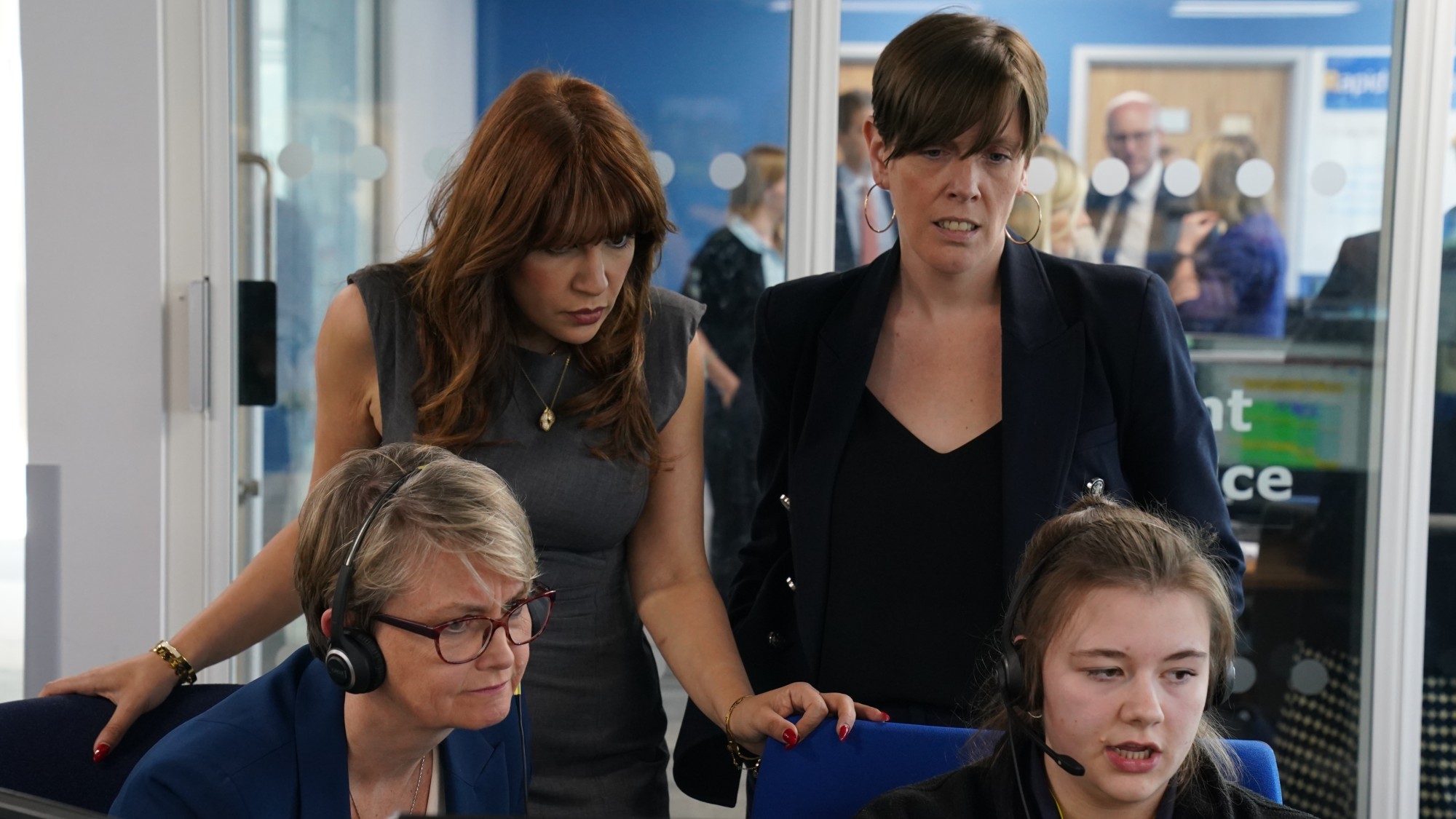 Dash: the UK's 'flawed' domestic violence tool
Dash: the UK's 'flawed' domestic violence toolThe Explainer Risk-assessment checklist relied on by police and social services deemed unfit for frontline use
-
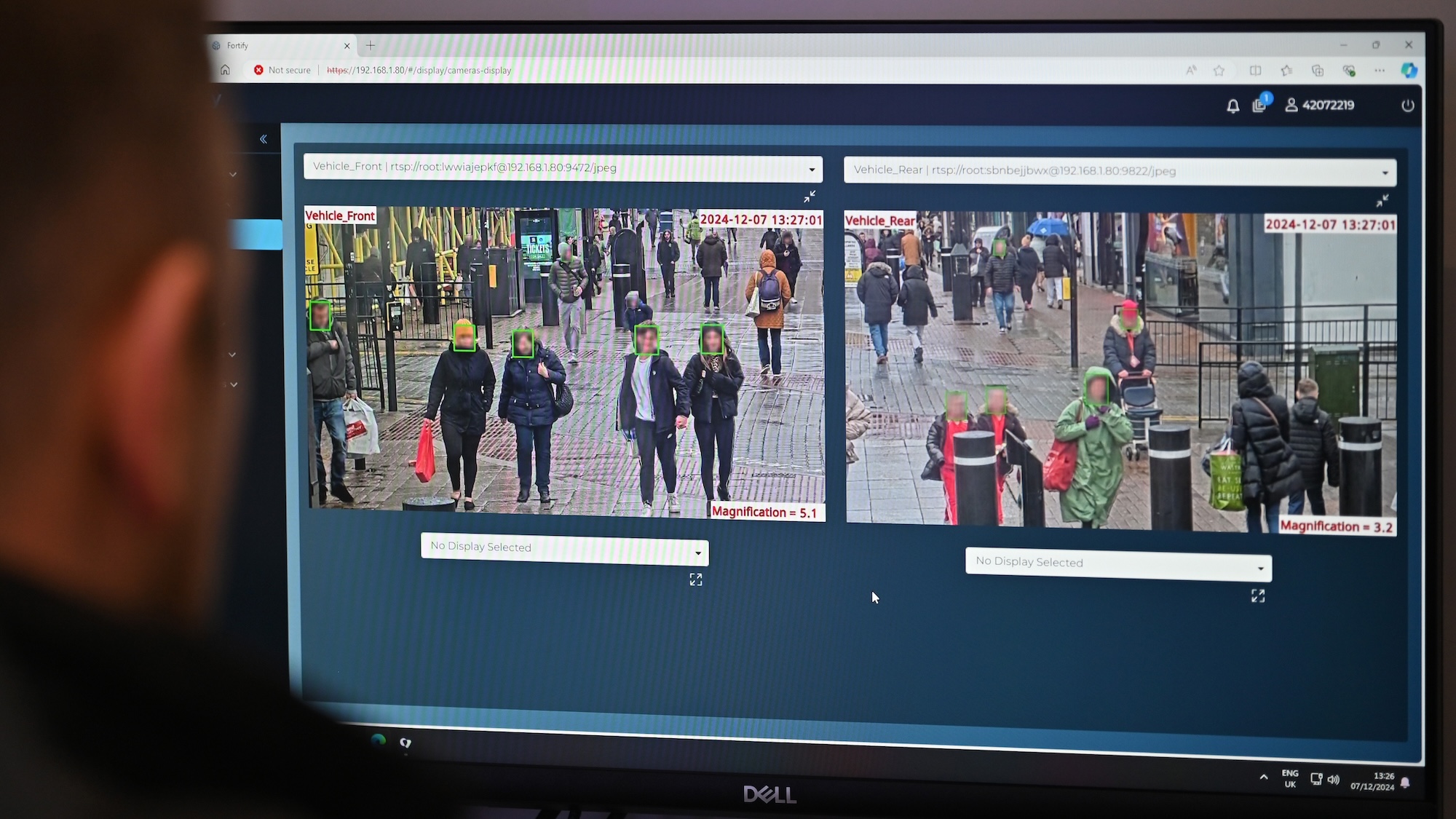 The ethics behind facial recognition vans and policing
The ethics behind facial recognition vans and policingThe Explainer The government is rolling out more live facial recognition technology across England
-
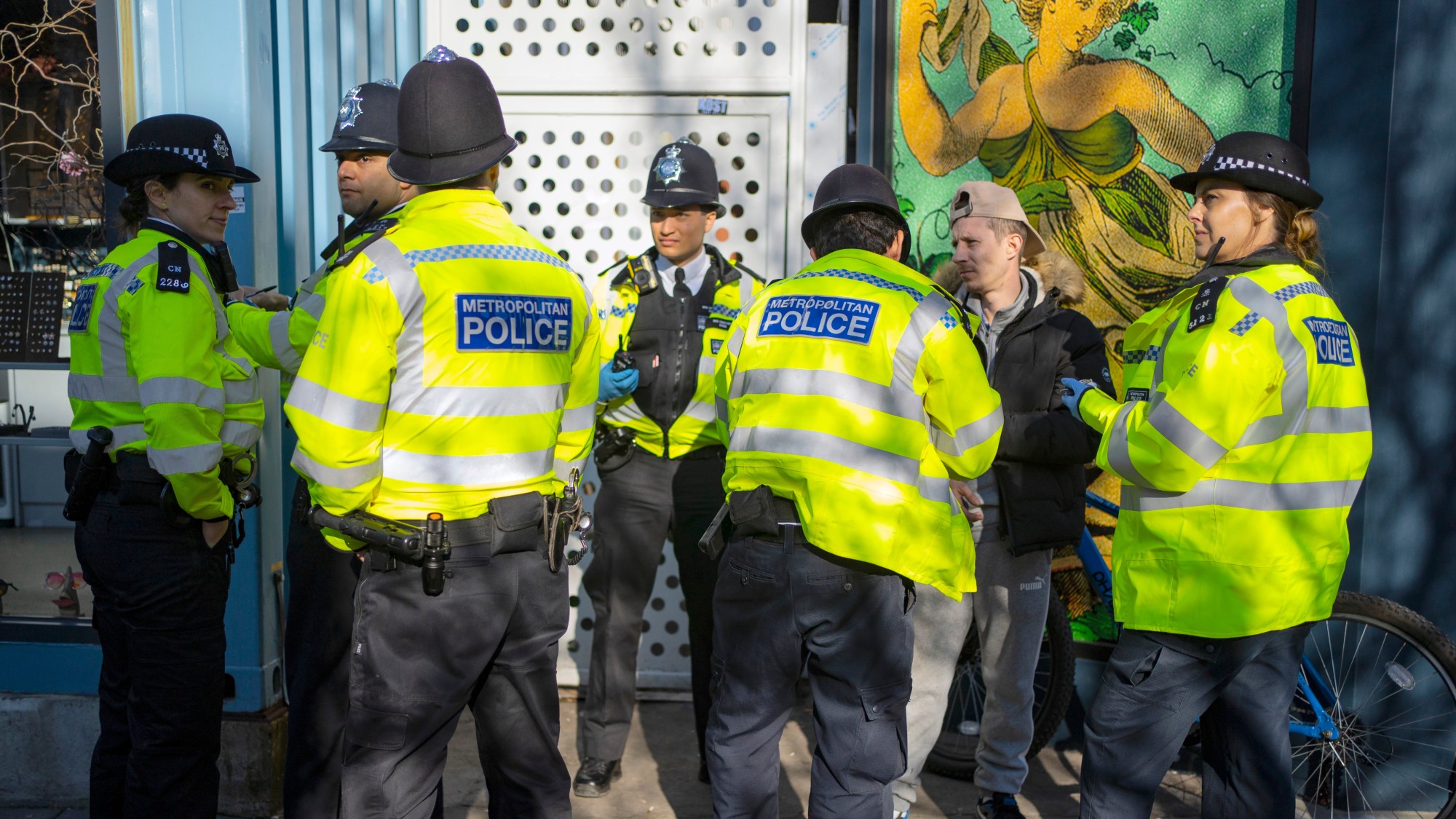 The Met police's stop and search overhaul
The Met police's stop and search overhaulThe Explainer More than 8,500 Londoners have helped put together a new charter for the controversial practice
-
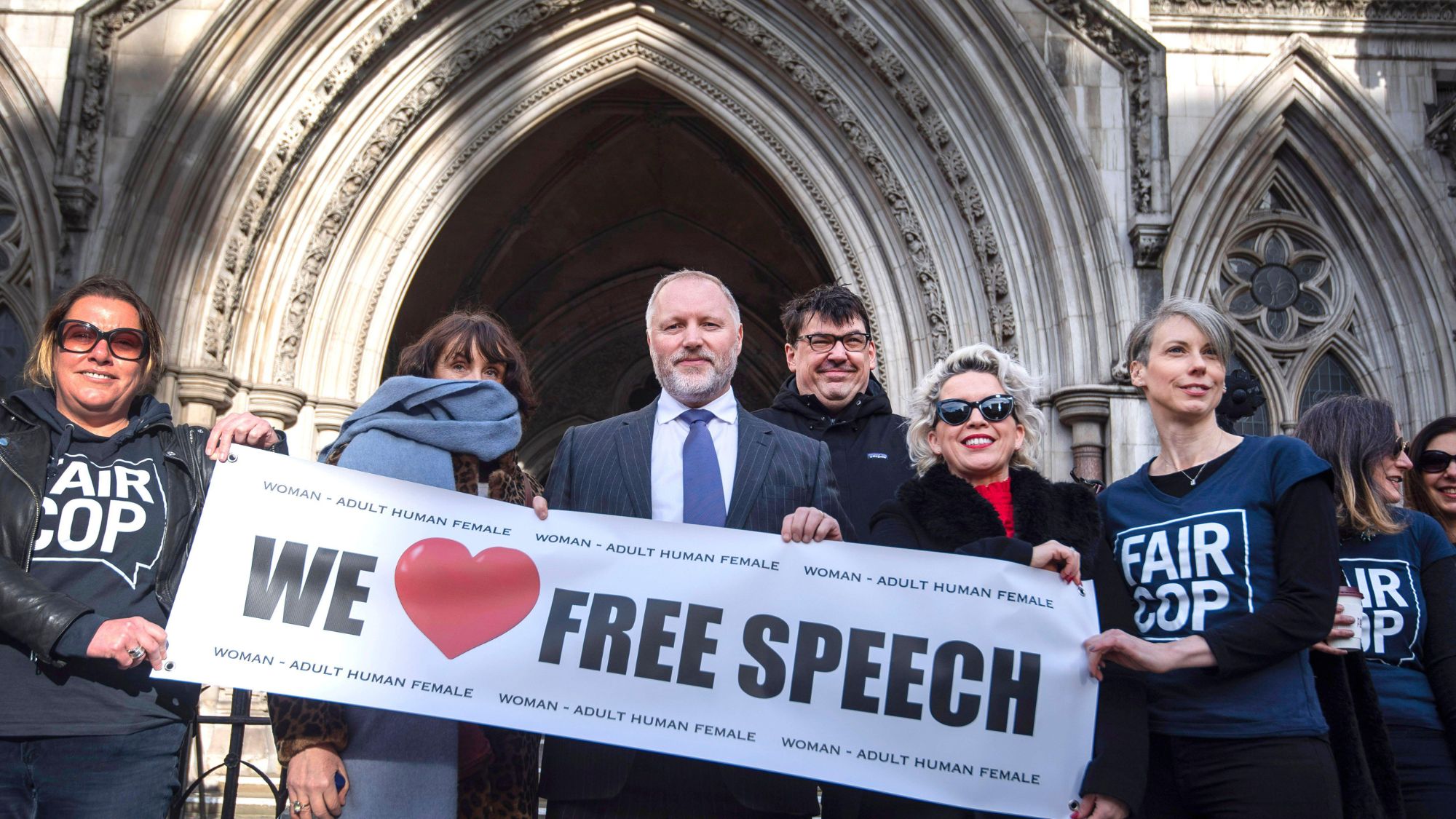 NCHIs: the controversy over non-crime hate incidents
NCHIs: the controversy over non-crime hate incidentsThe Explainer Is the policing of non-crime hate incidents an Orwellian outrage or an essential tool of modern law enforcement?